The best protection against being hacked is well-informed developers. Make your development team into security experts today.
Research and publish the best content.
Get Started for FREE
Sign up with Facebook Sign up with X
I don't have a Facebook or a X account
Already have an account: Login
Get weekly or monthly digest of all posts in your inbox: https://fmcs.digital/wim-subscribe
Curated by
Farid Mheir
 Your new post is loading... Your new post is loading...

Jean-Marie Grange's comment,
December 20, 2016 1:12 PM
Maybe one solution would be for content publishers to offer the choice of paying a fair amount for ad-free content... http://sco.lt/7CrAVl

Farid Mheir's curator insight,
September 14, 2013 12:02 PM
I've been following collusion addon since its inception and I use it on a regular basis to remember all the digital breadcrums I leave behind as I roam around on the Internet. This is an awakening video but unfortunately the collusion software fail to offer us paths to minimize what behavioural tracking - aside from blocking all ads. |

Curated by Farid Mheir
Get every post weekly in your inbox by registering here: http://fmcs.digital/newsletter-signup/
|




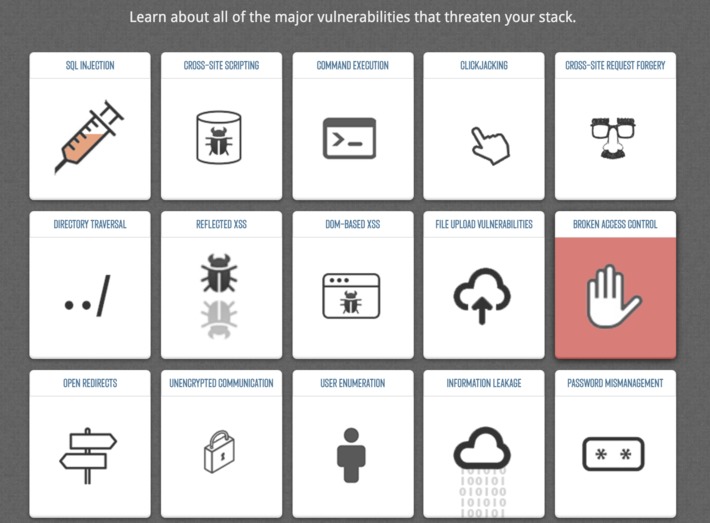

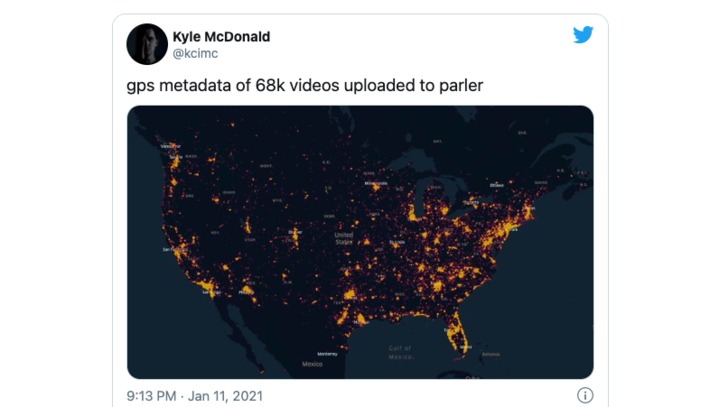
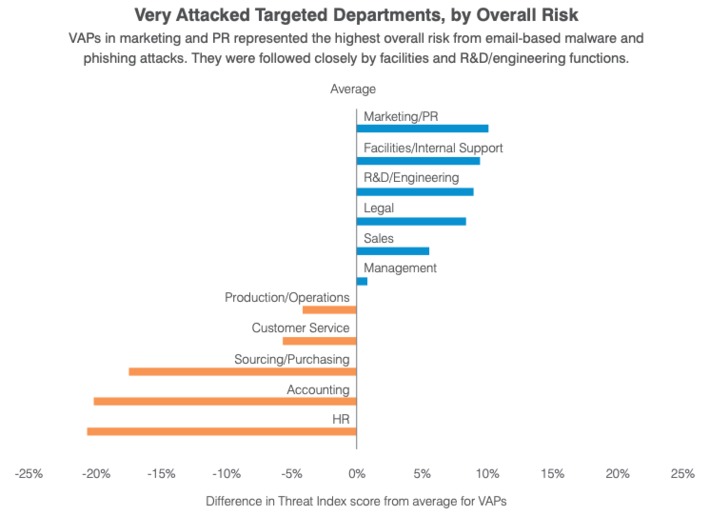
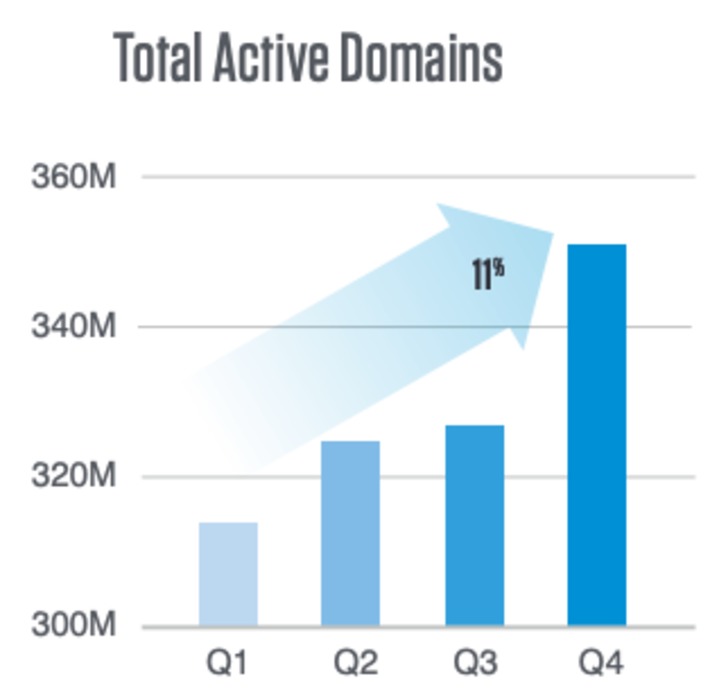

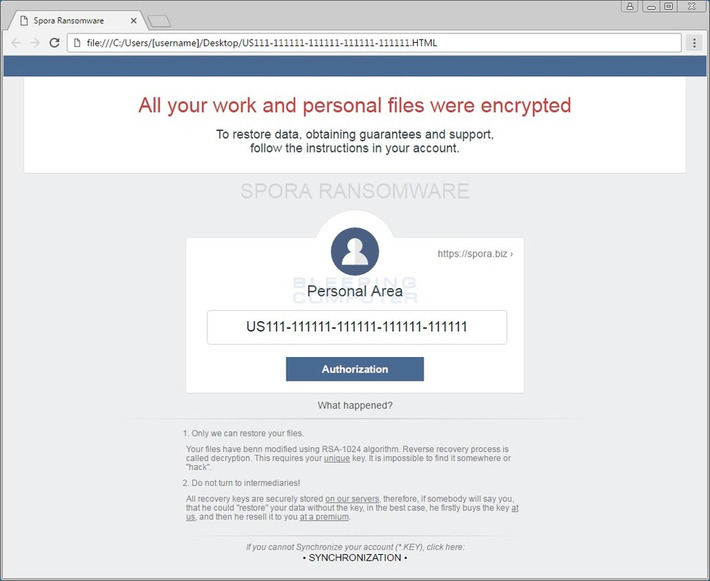
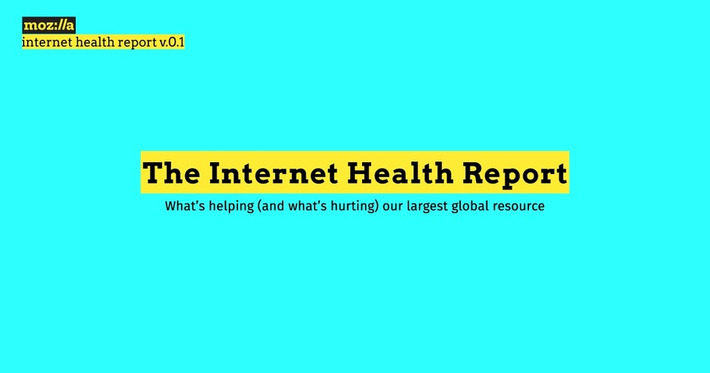
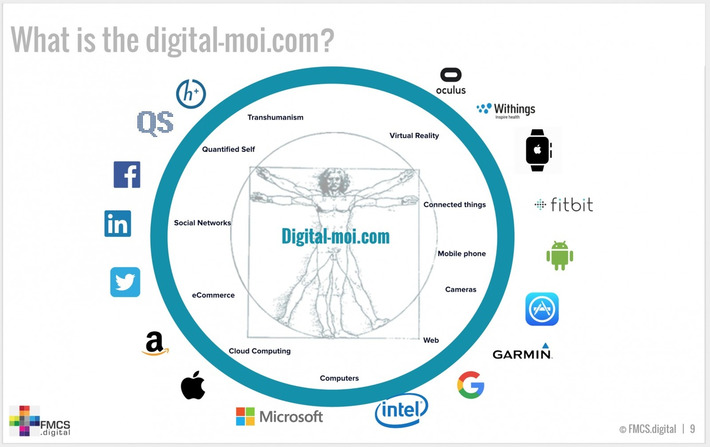
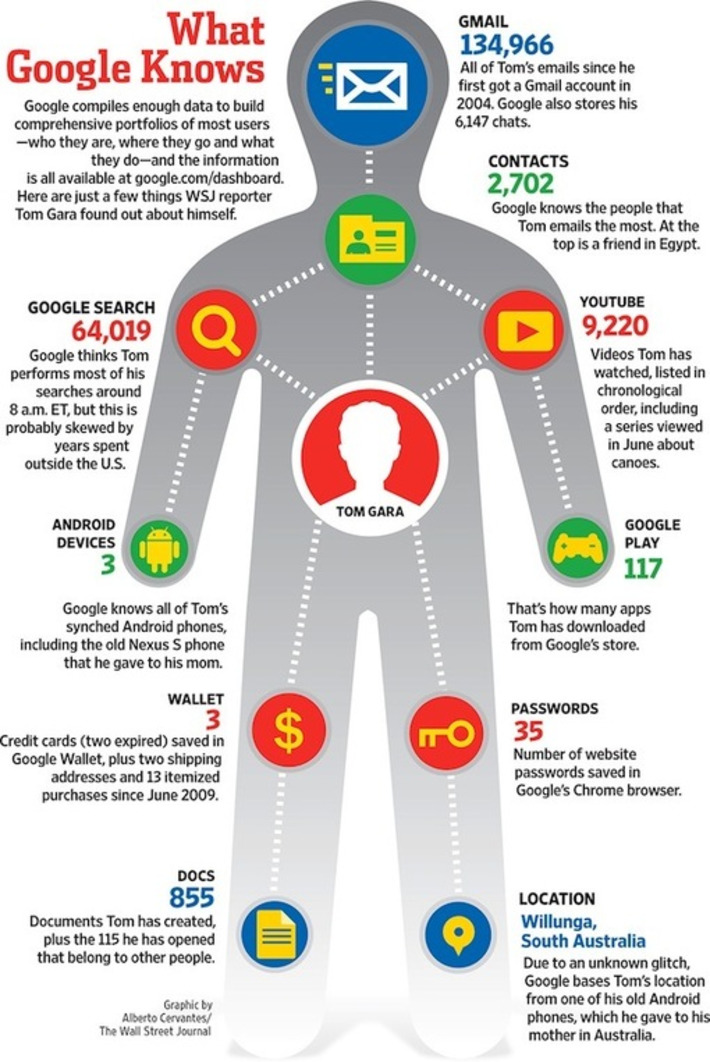










WHY IT MATTERS: amazing reference to understand the most common hacks in digital: SQL injection, cross-site scripting and many more. A reference to bookmark.